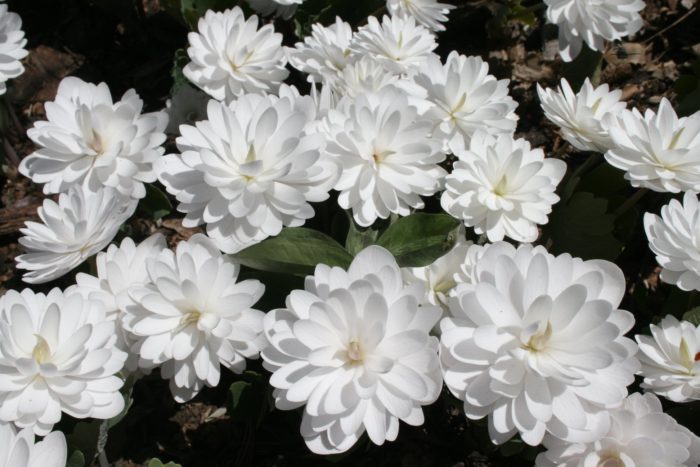
Today we’re featuring more photos from Gary Whittenbaugh. He grows a lot of treasures, but today we’re going to feature photos of some of the beautiful rare plants and native wildflowers that thrive in his garden.

Claytonia virginiana (spring beauty, Zones 4–9). These delicate little flowers are native to a wide swath of eastern North America and deserve to be more widely planted in gardens. The delicate pink flowers bloom for a long time in spring and then go dormant for the summer, leaving the space open for other perennial to fill in.

Sanguinaria canadensis (bloodroot, Zones 3–8) is a common and beloved native wildflower. The bright white flowers only last a couple of days before shattering, but they are so beautiful when in bloom.

Give it the right conditions, and bloodroot will make itself very much at home! It spreads and seeds around in Gary’s garden, making a great carpet of white flowers.

If regular bloodroot doesn’t stay in flower long enough, try this double-flowered form (Sanguinaria canadensis f. multiplex, Zones 3–8). The large double flowers are very showy, and they last much longer in the garden than those of the regular single-flowered form.

Gary has just a FEW double bloodroots in the garden! This form is sterile, so it never seeds; instead, it spreads by creeping rhizomes. It takes many years for it to develop into such an amazing, beautiful patch like this!

Spring isn’t complete without a patch of native Virginia bluebells (Mertensia pulmonarioides, Zones 3–7 ). Always remember to plant this with something else, because shortly after flowering it goes completely dormant and can leave a big hole in the garden. Here, hostas are waiting in the wings to take over when the bluebells finish.

Another classic wildflower, great white trillium (Trillium grandiflorum, Zones 3–8) is beautiful and easy to grow, though of course Gary’s are lusher and happier than any I’ve seen before.
Have a garden you’d like to share?
Have photos to share? We’d love to see your garden, a particular collection of plants you love, or a wonderful garden you had the chance to visit!
To submit, send 5-10 photos to [email protected] along with some information about the plants in the pictures and where you took the photos. We’d love to hear where you are located, how long you’ve been gardening, successes you are proud of, failures you learned from, hopes for the future, favorite plants, or funny stories from your garden.
If you want to send photos in separate emails to the GPOD email box that is just fine.
Have a mobile phone? Tag your photos on Facebook, Instagram or Twitter with #FineGardening!
You don’t have to be a professional garden photographer – check out our garden photography tips!
Do you receive the GPOD by email yet? Sign up here.

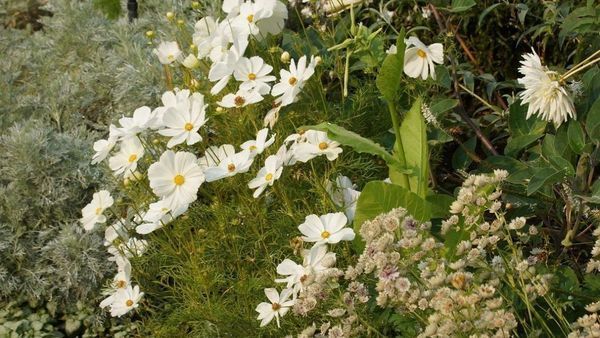
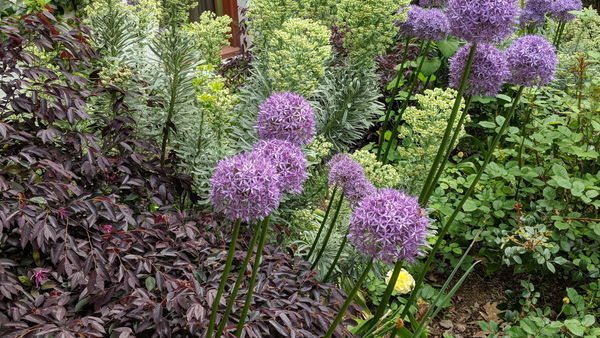

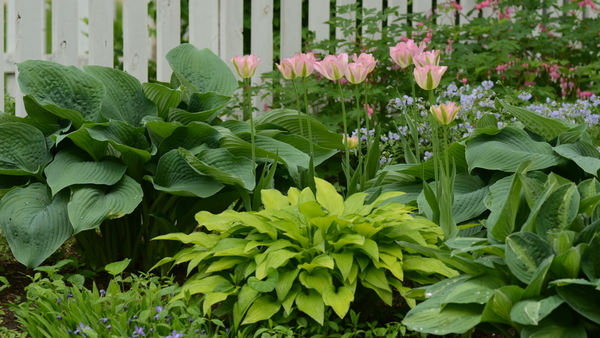
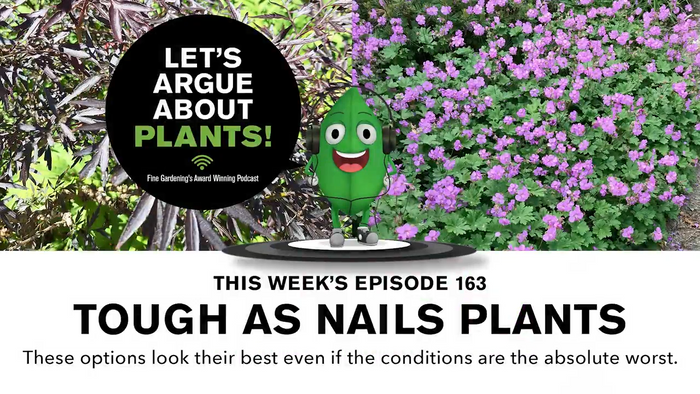
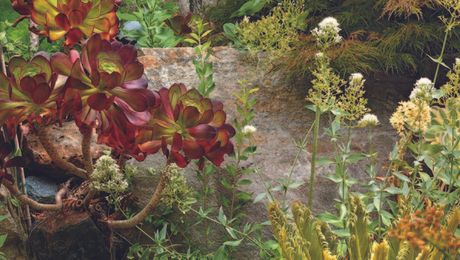
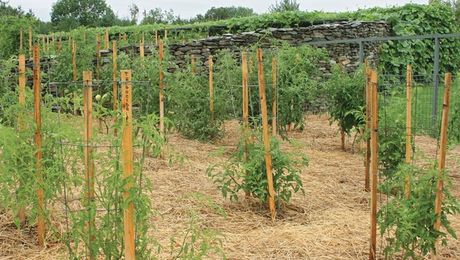









Comments
Good morning, I enjoyed your collection of wildflowers very much. My double bloodroot flowered this spring after planting last spring... it is glorious! And of course, the Spring Beauty has been a fave since childhood! Thanks for sharing!
Gary, you must be a wild guy to have such wonderful success with these beautiful spring wild ephemerals! Your giant white trillium is breathtaking! We have the dark maroon one here - it just doesn't 'pop' the way your white one does. Thanks again for sharing your garden with us - would love to see some shots of broader expanses to see how these all go together. Send more soon!
Lovely photos, Gary, esp. the close up of the double bloodroot. I have a thriving clump thanks to the thoughtful generosity of a fellow gpod-er and I'd like to sing the praises of the foliage as well as the flowers. It's a nice garden addition even when not in bloom.
Log in or create an account to post a comment.
Sign up Log in